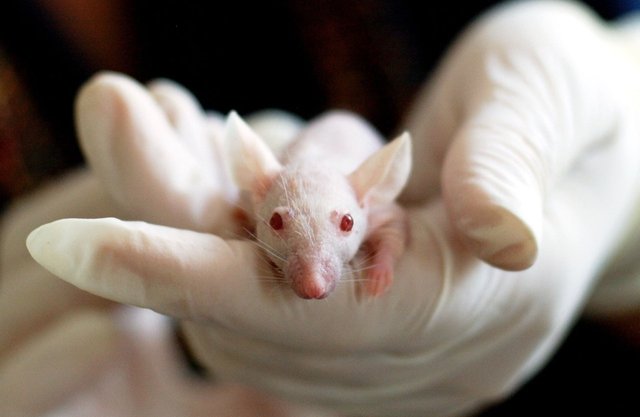T lymphocytes, powerful immune cells that can kill malignant tumors, are extremely effective in anti-cancer immunotherapy. Still, cancer cells manage to shut down the T cells’ attack by releasing potassium into the tumor microenvironment. Increased levels of potassium impairs T cell local nutrients consumption, resulting in starvation that leads to autophagy. However, it also preserves T lymphocytes in a stem-cell-like state, which increases their multipotency, persistency, ability to replicate themselves and antitumor killing efficiency. When removed from the tumor microenvironment they can fight another day after being reintroduced to patients.
The study was carried out by The NCI Center for Cancer Research (CCR) scientists led by Nicholas Restifo, MD. The details appeared March 29 in the journal Science, in an article, “T cell stemness and dysfunction in tumors are triggered by a common mechanism”.
“Treatment of antitumor T cells with elevated extracellular potassium as well as pharmacologic or gene therapies mimicking mechanisms of functional starvation,” the authors stated, “resulted in T cells with retained stemness, evidenced by self-renewal and multipotency, thereby enabling the enhanced destruction of large, established tumors.”
The study may deliver an answer to how certain cancer immunotherapies work, suggesting the ways to improving them.
Authors get paid when people like you upvote their post.
If you enjoyed what you read here, create your account today and start earning FREE STEEM!
If you enjoyed what you read here, create your account today and start earning FREE STEEM!